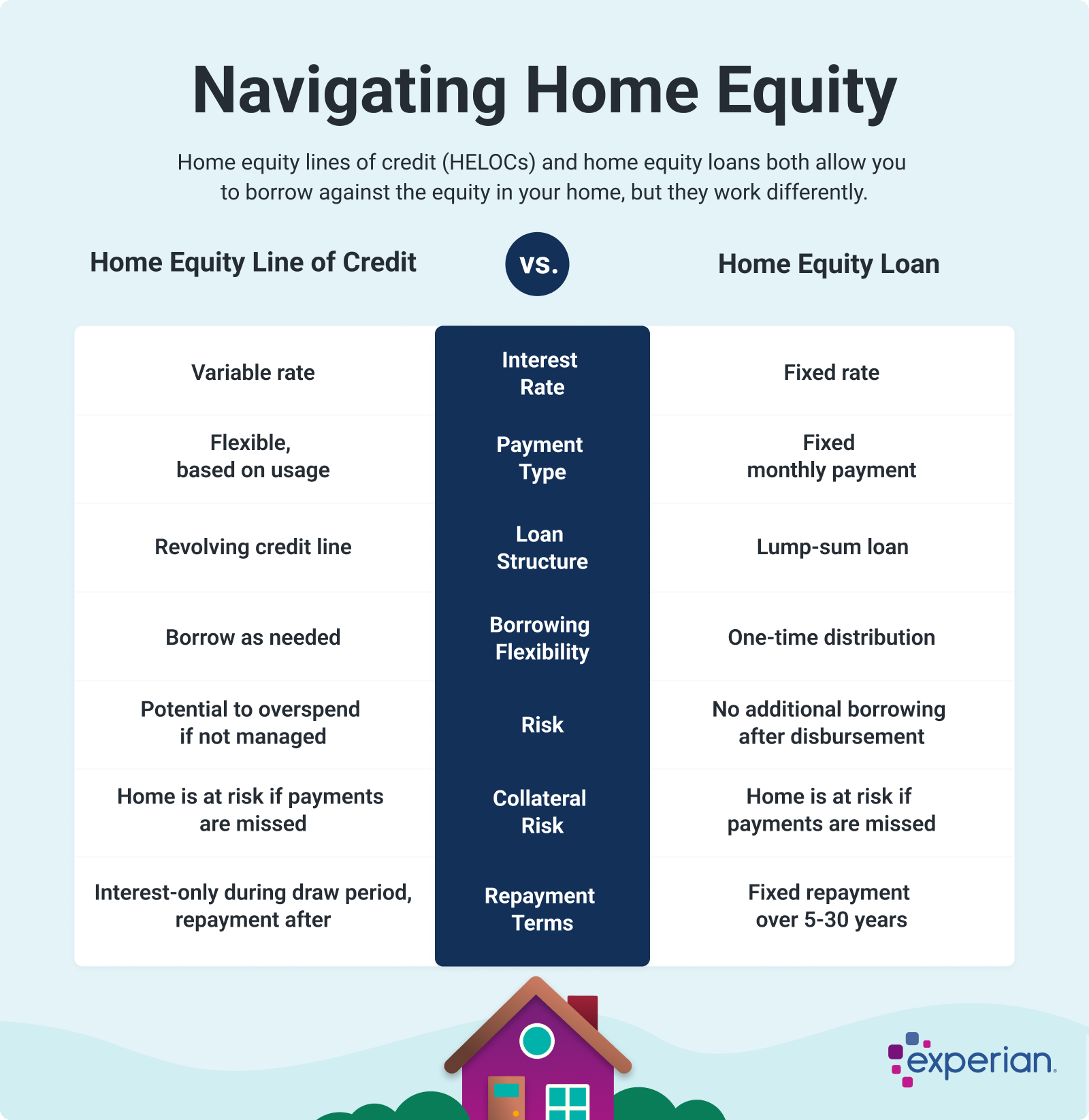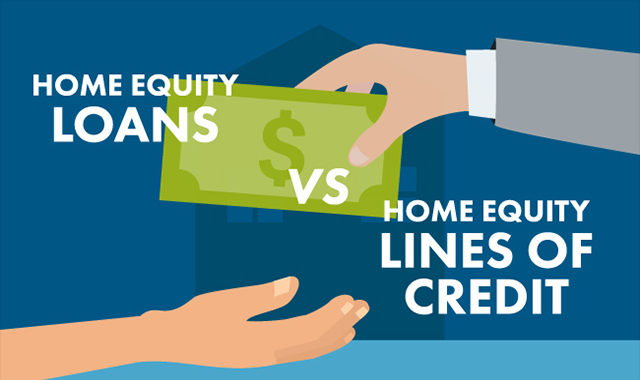Who Can Access Equity Release Mortgages and Why
Who Can Access Equity Release Mortgages and Why
Blog Article
Discovering the Various Kinds of Equity Release Mortgages Available Today
Equity Release home mortgages present various alternatives for property owners aged 55 and over. equity release mortgages. These monetary items deal with various needs and preferences, enabling people to access funds from their property. From life time home mortgages to common appreciation mortgages, each type supplies distinct benefits. Understanding these alternatives is essential for making educated choices. What aspects should one consider when choosing the most suitable equity Release plan? The information that follow might lose light on this crucial subject
Recognizing Equity Release Mortgages
Equity Release mortgages give house owners, commonly those aged 55 and over, with a way to access the value locked up in their home without needing to sell it. This economic option allows people to transform a portion of their home equity right into money, which can be utilized for various functions, such as home improvements, repaying financial debts, or financing retirement.Equity Release can take different kinds, however it fundamentally entails borrowing versus the worth of the home while maintaining possession. Homeowners can pick to obtain a swelling sum or a collection of smaller repayments, relying on their monetary demands and preferences.Additionally, the amount readily available for Release is affected by the residential or commercial property's value, the home owner's age, and particular loan provider standards. In general, comprehending equity Release home loans is essential for homeowners to make enlightened choices regarding using their home's equity while thinking about the lasting implications.
Lifetime Mortgages
Life time home loans stand for one of the most preferred types of equity Release. This monetary item enables homeowners, usually aged 55 or older, to borrow versus the value of their building while maintaining ownership. The loan, which is secured versus the home, builds up passion in time however does not call for monthly repayments. Instead, the loan and accumulated rate of interest are paid off when the property owner passes away or moves right into lasting care.Lifetime home loans supply adaptability, as consumers can pick to obtain a swelling amount or select a drawdown center, accessing funds as needed. Importantly, lots of strategies included a no-negative-equity warranty, ensuring that debtors will certainly never ever owe greater than the worth of their home. This attribute offers assurance, enabling individuals to enjoy their retired life without the concern of depleting their estate. On the whole, lifetime mortgages work as a practical choice for those seeking financial backing in later life.
Home Reversion Plans

Drawdown Life Time Mortgages
While numerous property owners seek ways to access their wide range, drawdown lifetime home mortgages offer an adaptable alternative that allows people to Release funds slowly. This kind of equity Release home loan makes it possible for homeowners to obtain against the value of their building while retaining possession. Unlike typical lifetime home loans, drawdown strategies permit debtors to access a section of their equity upfront and withdraw additional funds as needed, as much as a predetermined limit.This attribute can be specifically useful for those who desire to handle their finances meticulously, as it lessens interest build-up by just billing interest on the amounts drawn. Furthermore, drawdown lifetime home mortgages frequently include a "no negative equity warranty," making certain that consumers will certainly never ever owe greater than their home's worth. This option matches retirees who desire monetary safety and flexibility, allowing them to meet unanticipated costs or maintain their lifestyle without having to sell their property.
Enhanced Life Time Mortgages
Improved Life time Home loans use unique advantages for qualified home owners seeking to Release equity from their residential properties. Recognizing the qualification criteria is necessary, as it determines who can take advantage of these specialized finances. Nonetheless, it is also vital to assess the potential disadvantages associated with boosted options, making certain an all-round viewpoint on their usage.
Qualification Standards Clarified
Recognizing the qualification standards for Enhanced Lifetime Mortgages is essential for prospective applicants looking for to access the equity in their homes. Usually, applicants need to be aged 55 or older, as this age demand is standard in the equity Release market. House owners should have a building valued at a minimal limit, which can differ by lending institution. Notably, the residential property needs to be their key house and in good condition. Lenders usually examine the homeowner's health and wellness status, as specific health problems might improve eligibility and benefits. Furthermore, applicants ought to not have existing significant financial debts secured against the home. Meeting these standards allows individuals to check out Boosted Life time Home loans as a feasible option for accessing funds linked up in their homes.
Advantages of Improved Mortgages
After making clear the qualification requirements, it ends up being evident that Enhanced Life time Home mortgages provide numerous substantial advantages for property owners looking to utilize their property equity. Mostly, they offer accessibility to a larger funding quantity contrasted to typical lifetime home loans, benefiting those with health conditions or age-related variables that enhance their life span threat. This enhanced loaning capability allows home owners to satisfy different economic requirements, such as home renovations or retired life costs. Furthermore, these home mortgages typically feature versatile settlement alternatives, allowing debtors to handle their finances better. The no-negative-equity guarantee additionally assures that house owners will never ever owe greater than their residential property's worth, offering comfort. In General, Improved Lifetime Home loans offer a compelling choice for qualified home owners looking for monetary options.
Possible Disadvantages Thought About
While Improved Life time Mortgages supply read here numerous benefits, prospective downsides necessitate mindful consideration. One considerable issue is the effect on inheritance; the equity launched reduces the worth of the estate entrusted to beneficiaries. Additionally, these home loans can build up substantial rate of interest over time, bring about a significant financial obligation that may go beyond the initial lending quantity. There might additionally be limitations on property alterations or rental, restricting house owners' adaptability. Improved items typically need particular wellness problems, indicating not all property owners will certify. Managing the costs and charges connected with these mortgages can be intricate, potentially leading to unexpected costs. Therefore, people should extensively evaluate their scenario and consult monetary experts before proceeding.
Shared Admiration Mortgages
Shared Admiration Home mortgages stand for an one-of-a-kind economic plan that permits home owners to gain access to equity while sharing future property worth raises with the loan provider. This strategy supplies prospective benefits such as minimized regular monthly repayments, but it additionally includes downsides that need to be thoroughly considered. Comprehending the qualification needs is crucial for those interested in this option.
Concept Summary
Equity Release home mortgages, especially in the kind of shared admiration home loans, supply property owners an one-of-a-kind monetary remedy that allows them to gain access to funds by leveraging the worth of their residential property. In this arrangement, a loan provider gives a financing to the homeowner, which is normally paid off through a share of the property's future gratitude in value. This implies that when the property owner offers the home or dies, the lender obtains a percentage of the enhanced value, as opposed to just the preliminary finance amount. Shared recognition mortgages can be appealing for those aiming to supplement their revenue or money substantial costs while maintaining possession of their home. The economic implications of shared appreciation have to be thoroughly considered by possible customers.
Benefits and Downsides
Although common recognition mortgages can offer substantial financial benefits, they likewise include notable drawbacks that potential customers need to think about. These mortgages allow homeowners to accessibility equity in their properties while sharing a portion of any future admiration with the lender. This plan can be beneficial during times of rising home worths, offering substantial funds without regular monthly settlements. The major drawback is the potential loss of equity; homeowners might finish up with substantially minimized inheritance for heirs. Additionally, the complexity of the terms can result in misconceptions regarding repayment responsibilities and the percentage of gratitude owed. It is necessary for consumers to consider these variables carefully prior to devoting to a shared recognition mortgage.

Qualification Requirements
What requirements must property owners meet to receive a shared appreciation mortgage? Mostly, candidates should go to least 55 years old, ensuring they are within the target group for equity Release items. In addition, the building must be great site their main house and usually valued over a specified minimum limit, frequently around ? 100,000. Lenders likewise examine the homeowner's monetary scenarios, consisting of income and exceptional financial obligations, to identify they can handle the home mortgage responsibly. Importantly, the residential property needs to remain in excellent problem and devoid of considerable lawful encumbrances. Home owners need to additionally have a clear understanding of the terms, consisting of just how gratitude will be shown the loan provider upon sale or transfer of the building, as this influences general returns.
Picking the Right Equity Release Option

Often Asked Concerns
What Age Do I Need to Be for Equity Release?
The age need for equity Release normally begins at 55 for a lot of plans. Some service providers might use choices for those aged 60 and above, reflecting differing terms based on private situations and lender plans.
Will Equity Release Impact My Inheritance?
Equity Release can influence inheritance, as the amount borrowed plus passion decreases the estate's value. Heirs may obtain much less than expected, depending on the property's appreciation and the complete financial debt at the time of passing.
Can I Relocate Home With Equity Release?
The inquiry of relocating house with equity Release develops frequently. Usually, individuals can move their equity Release strategy to a new building, yet details conditions may use, calling useful link for examination with the loan provider for assistance.
Are There Costs Connected With Equity Release Mortgages?
Charges related to equity Release home mortgages can consist of arrangement costs, appraisal costs, and legal prices. Furthermore, there might be very early repayment fees, which can influence the overall expense and economic implications for the debtor.
Exactly How Does Equity Release Impact My Tax Scenario?
Equity Release can impact one's tax circumstance by possibly increasing gross income, as launched funds are considered resources. However, it normally does not sustain prompt tax obligations, making it necessary to speak with a monetary advisor for individualized advice.
Final thought
In summary, the range of equity Release mortgages offered today supplies homeowners aged 55 and over multiple pathways to access their residential or commercial property's value - equity release mortgages. Whether choosing a lifetime home loan, home reversion strategy, or various other options, each choice provides unique benefits tailored to individual financial requirements. Cautious factor to consider and examination with an economic expert are necessary to ensure the selected equity Release service aligns with personal goals and economic conditions, eventually assisting in informed decision-making for a secure financial future. Equity Release home mortgages existing various options for homeowners aged 55 and over. Equity Release mortgages give house owners, usually those aged 55 and over, with a method to access the value linked up in their residential or commercial property without needing to sell it. Enhanced Lifetime Mortgages use distinct advantages for eligible home owners looking for to Release equity from their residential properties. Equity Release mortgages, specifically in the type of common gratitude home loans, supply home owners a distinct financial service that enables them to accessibility funds by leveraging the worth of their residential property. In recap, the selection of equity Release home loans available today offers house owners aged 55 and over multiple paths to access their home's value
Report this page